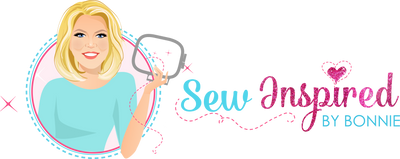
Realize it or not, color theory plays a big part in creating beautiful quilting and machine embroidery projects. Have you ever looked at a color combination and thought, “I would never put those colors together, but they look fabulous?” Think about a purple hot rod with orange flames. There is an actual science behind it!
The Color Wheel
How you select your colors greatly impacts the final project. That goes for both quilts and embroidery.

For brights, of course, primary colors red, blue, and yellow standout.

Secondary colors are combinations of two adjacent primary colors: blue + red = purple, yellow + blue = green and yellow + red = orange.

The third grouping is tertiary colors, which combine the primary and secondary, as in blue-green, yellow-orange.
Color Combinations That Work
This is where it really gets interesting. Colors that are opposite of each other on the color wheel are called complementary. Although they are on opposite sides, they complement each other. That is why shades of blue and yellow or gold go so well together.

Photo from AmishCountryLanes.com
And others, like green and purple or tertiary red-violet and yellow-green get along so well.

Photo from AmishCountryLanes.com
Adjacent colors on the color wheel are called analogous. These sets of three colors are adjacent to each other. They typically consist of a primary or secondary color and a bordering shade, like blues and purples


or blue violets and red violets.
Analogous colors can be thought of as a group of colors that blend, side-by side around the color wheel, like reds, oranges, and yellows

or shades of blues and greens.

Take these ideas and use them when combining your fabric and thread colors. It will make your projects pop!
Debbie Henry
Sew Inspired by Bonnie

Comments